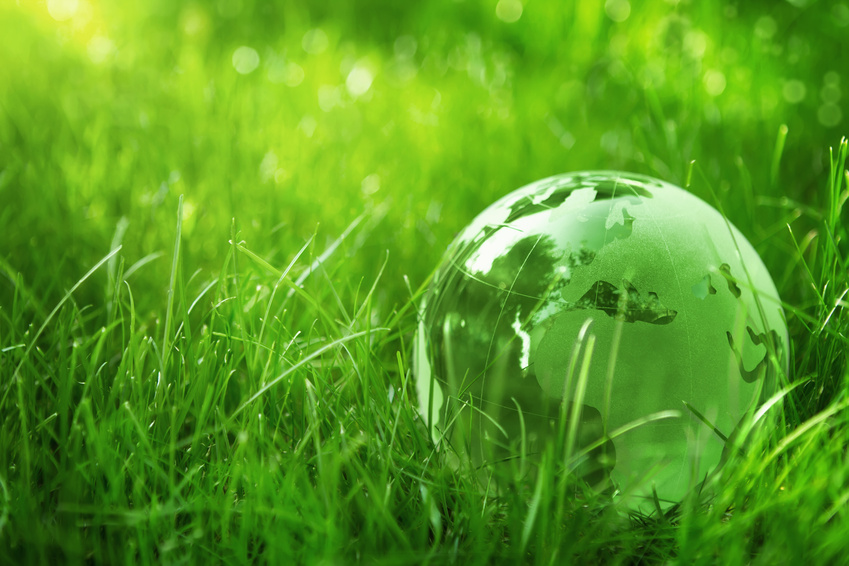Domaine du Grand Estagel 30800 Saint-Gilles – France
- +33 (0)4 90 47 44 15
- [email protected]

DOULIERE HAY FRANCE
Head office:
Domaine du Grand Estagel
30800 Saint-Gilles – France
Office:
1, rue Copernic – Z.A du Salat
13310 Saint-Martin-de-Crau – France
Phone : +33 (0)4 90 47 44 15
You must be logged in to post a comment.